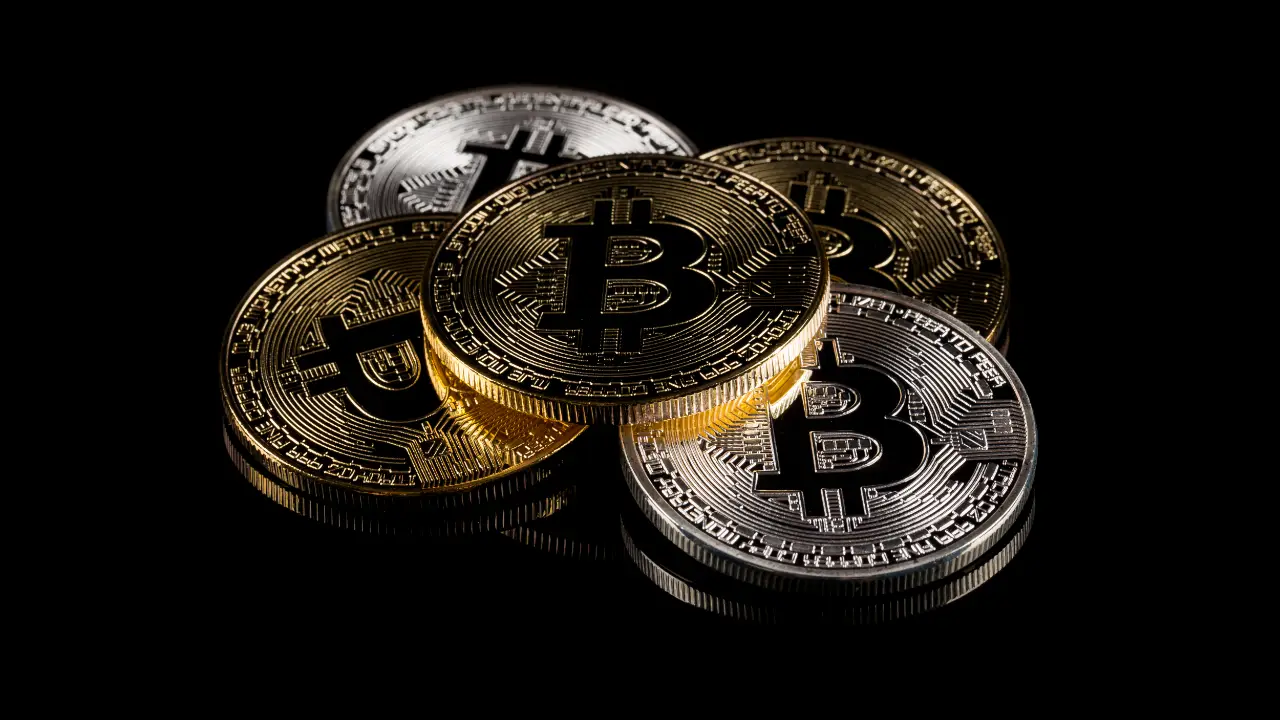SoFi Bank, headquartered in San Francisco, has reported an impressive surge in its cryptocurrency holdings, disclosing nearly $170 million in its Q2 earnings report.
This marks a substantial escalation compared to the previous quarter and underscores the bank’s growing involvement in the crypto market.
With an extensive customer base of over six million individuals, SoFi has established itself as a prominent player in the United States banking landscape.
Of the total crypto investments amounting to $166 million, SoFi Bank’s portfolio encompasses $82 million in Bitcoin (BTC) and $55 million in Ethereum (ETH).
Additionally, Dogecoin (DOGE) claims the third spot with an allocation nearing $5 million, while Cardano (ADA) holdings total $4.5 million.
Notably, the bank’s investor presentation highlighted its impressive feat of onboarding more than 500,000 new customers, expanding its support to facilitate trading for over 22 different cryptocurrencies.
Beyond mere crypto holdings, SoFi offers its clientele the ability to buy and sell a diverse array of cryptocurrencies, leveraging its strategic partnership with the Coinbase crypto exchange.
This move is aligned with the bank’s earlier initiative, commencing crypto services in September 2019.
Interestingly, SoFi evolved into a full-fledged bank in February 2022 when it obtained a banking license, distinguishing itself as one of the limited traditional banks delving into the crypto realm.
Despite its strides in the crypto domain, SoFi’s crypto venture has encountered resistance from regulatory quarters.
READ MORE: XRP Price Fails to Reach Anticipated Levels Despite Favorable Court Ruling
In November 2022, a U.S. Senate committee raised concerns about the bank’s adherence to banking laws, spotlighting a looming deadline in January 2024.
SoFi Bank’s response to these concerns remains pending, as Cointelegraph’s outreach for clarity regarding its compliance deadline and potential implications for crypto holdings did not yield a response at the time of publication.
The integration of the cryptocurrency sector with conventional banking has long been deemed a pivotal milestone for mainstream adoption.
However, the crypto industry weathered a tumultuous 2022, which was further exacerbated by the collapse of several banks focused on crypto affairs in 2023.
In response, U.S. legislators hurriedly intervened to safeguard customers’ assets, albeit at the cost of disrupting the synergistic relationships between crypto and traditional finance.
As the regulatory landscape grapples with assigning accountability, the future trajectory of this evolving partnership remains uncertain.
Other Stories:
Governments Remain Wary About Worldcoin Amid Privacy Concerns
Binance’s Proof-of-Reserves Discloses Strong Financial Position
PayPal’s Ethereum-Based Stablecoin PYUSD Divides Crypto Community




